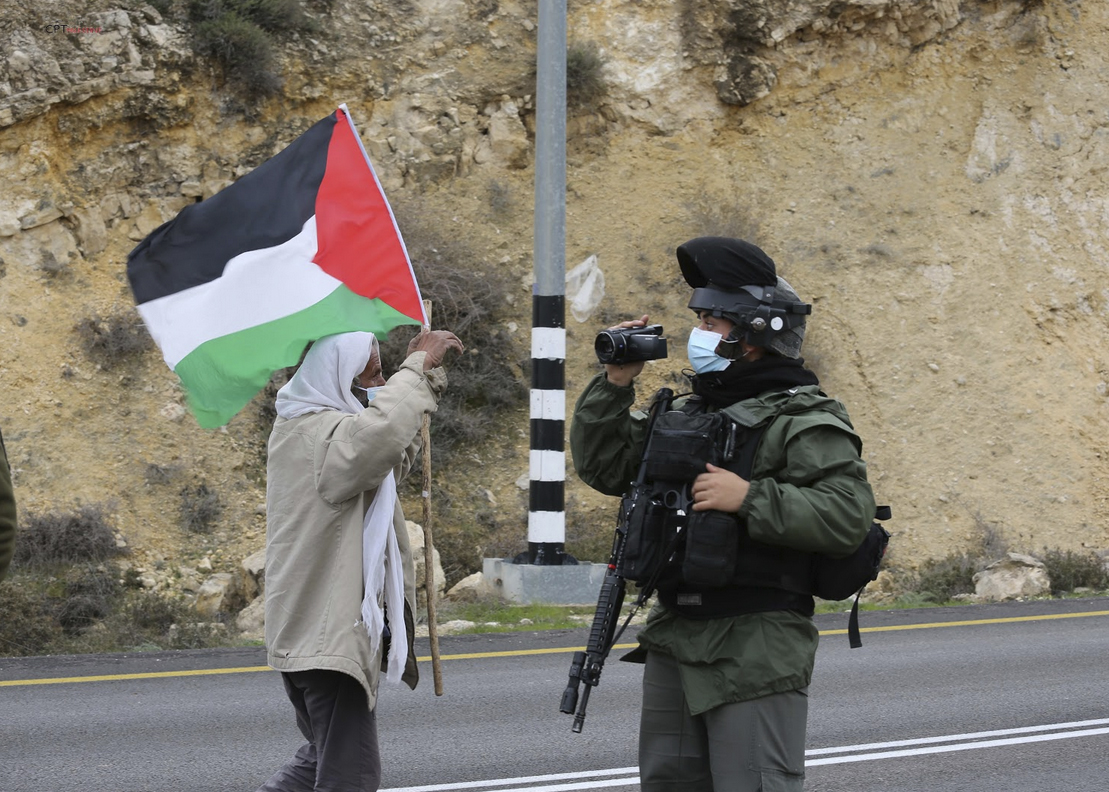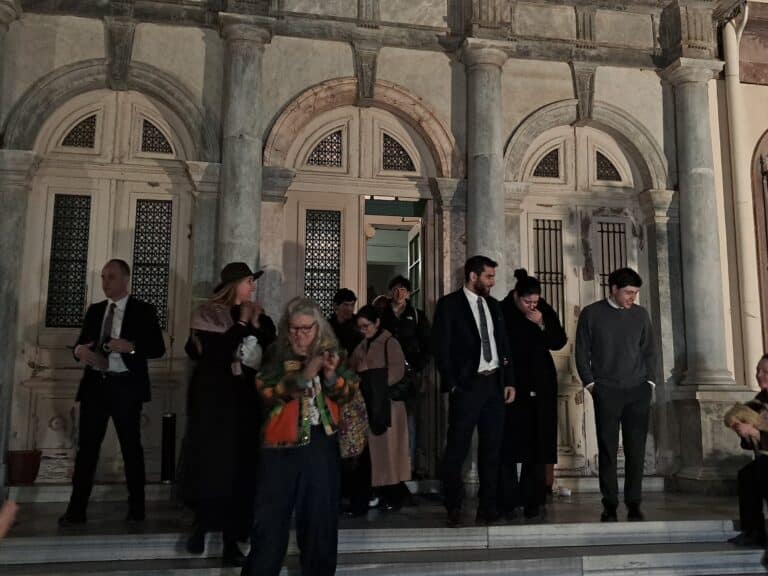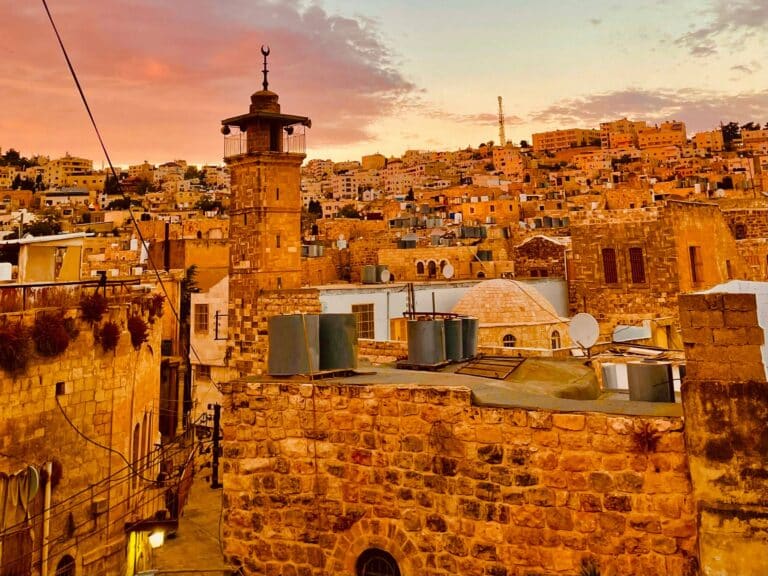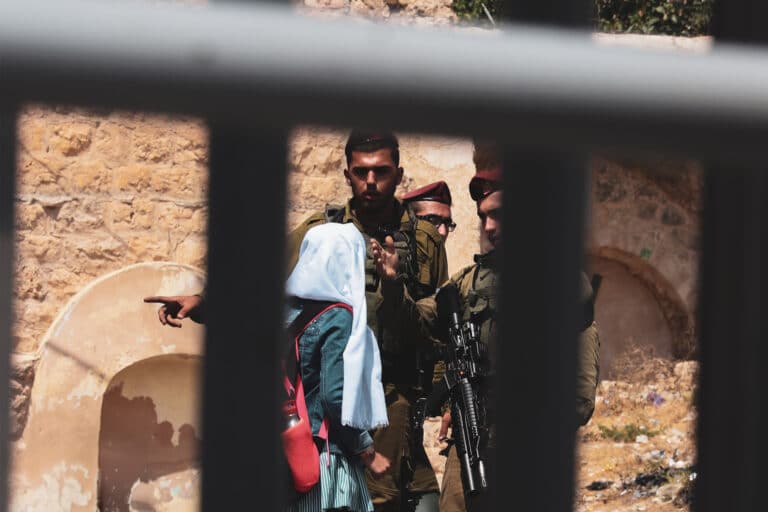In 2020, Israel demolished 273 Palestinian homes making 1006 Palestinians, including 519 children, homeless. Moreover, Israel destroyed 458 important non-residential structures, including water pipes and cisterns and power grids. As reported by B’Tselem, 2020 was one of the highest records for demolitions in three years.
As part of the Oslo Accords, the West Bank was divided into the following areas: Area A (17%), Area B (23%), and Area C (60%). Area C is where most of the demolitions have taken place because it is under complete Israeli military control. The Israeli military controls every aspect of Palestinian lives, including planning and infrastructure, denying Palestinians the right to build anything from an animal pen to a house, and diminishing Palestinians’ freedom and dignity. Meanwhile, Israeli settlements continue to expand exponentially across the West Bank.
The South Hebron Hills receives the highest number of demolitions. These are the major incidents that have happened during the last few months:
- 30 September 2020: The IOF demolished four houses in Al Rakeez near At-Tuwani.
- 18 October 2020: The IOF stole several tents in Al Rakeez and demolished one house.
- 28 October 2020: The IOF destroyed a water supply network in Massaffer Yatta that supplies water to 20 villages.
- 25 November 2020: The IOF demolished seven houses and three facilities (bathrooms) in Massafer Yatta.
- 1 January 2021: The Israeli Occupying Forces (IOF) stole the Al Rakeez community generator that supplies the village with electricity.
The local community told CPT that Regavim, a pro-settler organization, put pressure on the Israeli government to stop the Al-Rakeez community from growing. When the Israeli Civil Administration came to Al-Rakeez to take their generator, the Israeli military shot Haroun Abu Iram, 23 years old, as he was trying to prevent the theft. Haroun remains in hospital due to his injuries and is now paraplegic.
Regavim is a radical Israeli NGO that pushes the Israeli government to speed up the demolition of any Palestinian structures in Area C. Regavim plays an efficient role in influencing Israeli government policies and has the capacity to shape society, create and change policy, and speed up any processes. They promote a Jewish Zionist agenda for Israel ‘from the river to the sea,’ to protect and expand Israeli land and its resources. A CPT partner told us that “Regavim sends drone cameras over Area C to discover any constructions going on, reports on it, and pushes the Israeli government in the courts and media [to stop such constructions].”
In recent years, Israel has developed new strategies to enable easier demolition of Palestinian infrastructure and, consequently, limit Palestinian existence in Area C. The Demolition Order 1797 was issued in 2019 as a trial for one year but continues today. This order allows the Israeli military to demolish any structure within 96 hours of issuing the order, leaving Palestinians with no chance to submit any appeals to stop or delay it. Another tactic now requires Palestinians to prove concession from all inheritors. Previously, when a Palestinian wanted to submit a building request, they attached an “Inventory of legacy,” which was sufficient documentation of inheritors and accepted by the Israeli government. Now they must attach a sheet signed by all inheritors.
Israel has introduced these policies to force the Palestinian communities who live in Area C to leave their lands. This direct and indirect forced displacement is illegal under Rule 129 of International humanitarian law: Parties to an international or national armed conflict may not deport or forcibly transfer the civilian population of an occupied territory unless it’s for the security of the civilians or for imperative military reasons.
CPT’s partner Naser from At-Tuwani says, “we will not leave; this is the land my grandfather grew up on as well as myself, and it’s our legal right to resist the Israeli occupation until it ends.”
Our partners ask the international communities to stand in solidarity with Palestinians and their struggle and to put pressure on Israel to stop its violation against the Palestinian land and its people.




